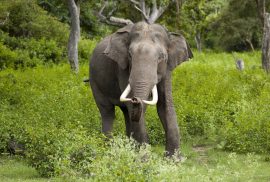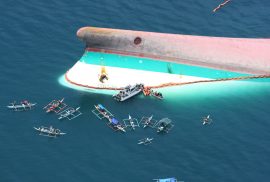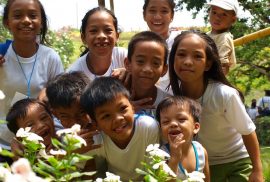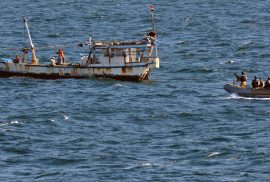Introduction
If there’s one thing that Southeast Asia should be known for, it is one thing; Diversity. This region is the home to many cultures, belief, traditions, cuisines that extends all the way to its rich biodiversity. The region hosted millions of species that ranges from both animals and plants. Many states in this region are in fact, aware of this fact and the notion of this leads majority of states in Southeast Asia to sign and ratify the CITES (Convention on International Trade in Endangered Species of Wild Flora and Fauna 1975 ) within their national legislation, as a measure taken to protect 3000 species of flora and fauna. In Indonesia, CITES has already been ratified into Law no 5 Year 1990 for the conservation of living resources and Ecosystems. The ratification process itself are divided into 3 (three) criteria in which the former one (1) are deemed the most effective, while the latter one is the deemed ineffective (3) due to the lack of alignment between the content within the legislation and the aforementioned conventions.










